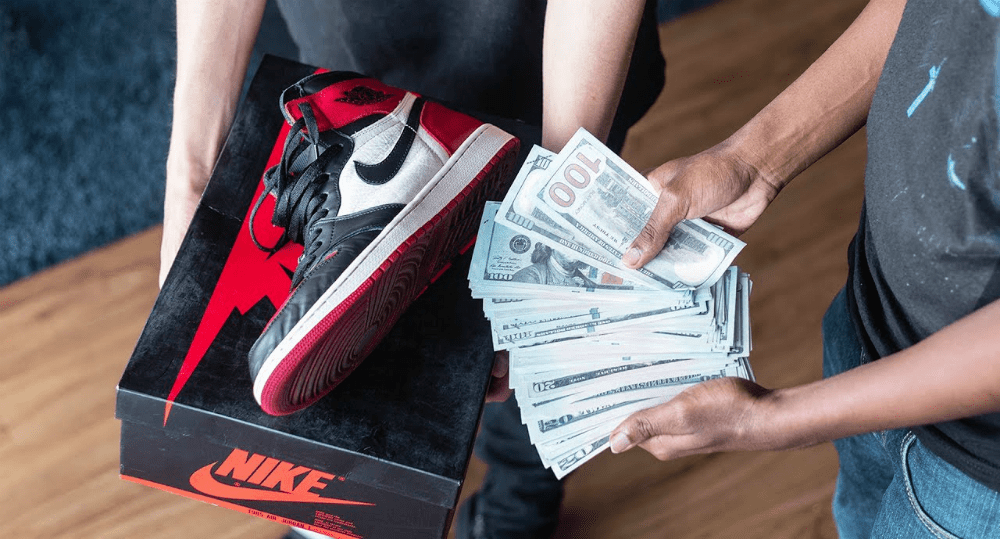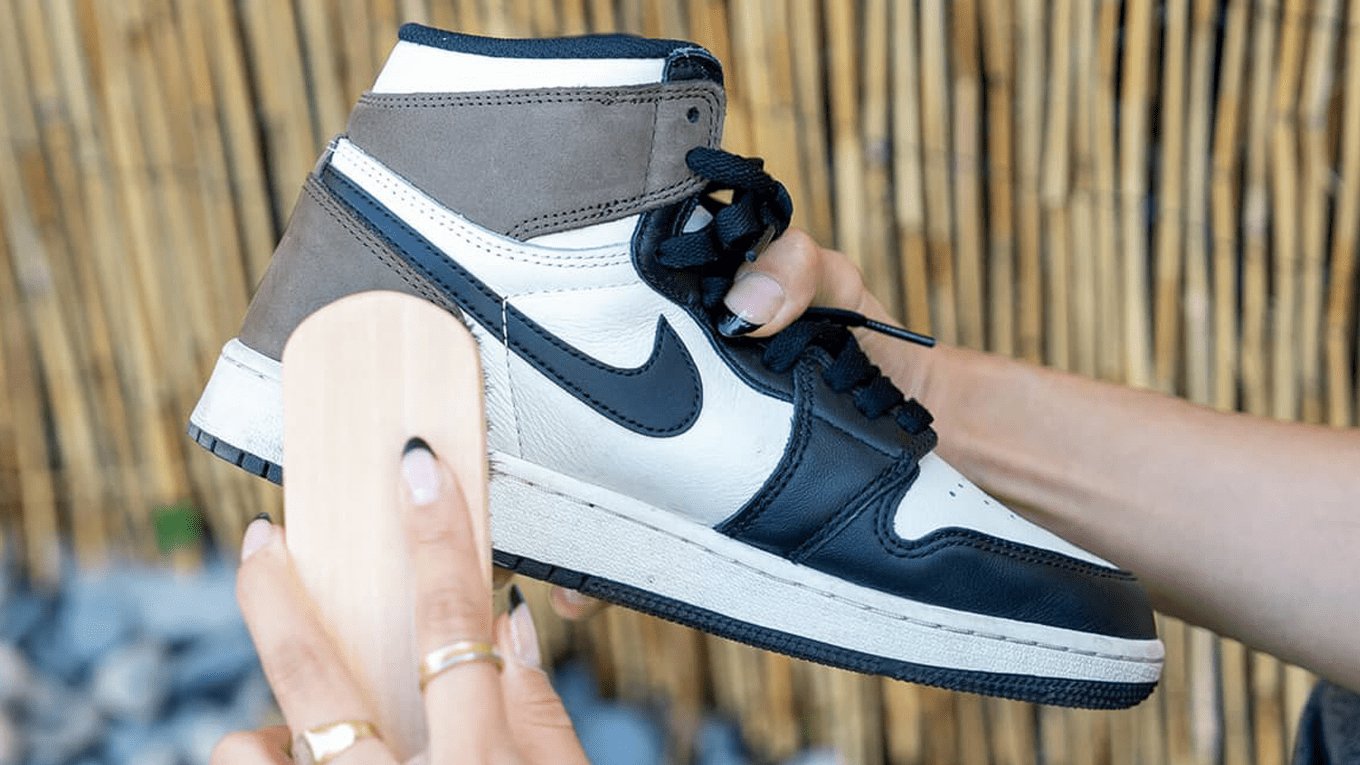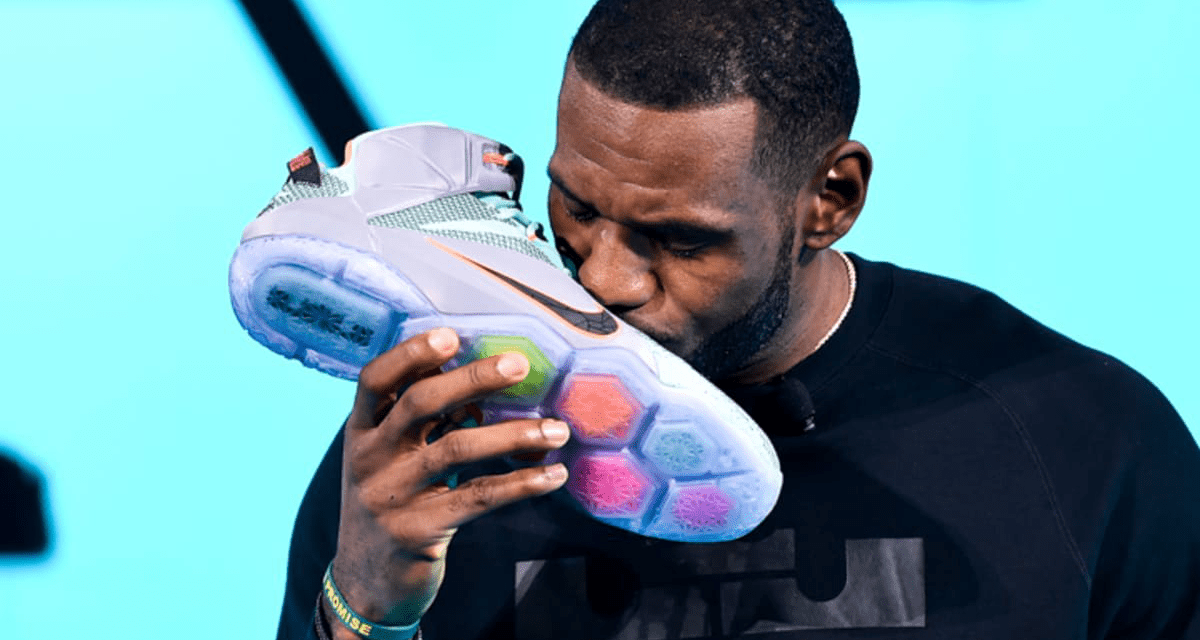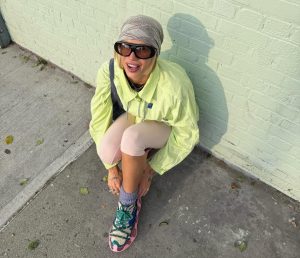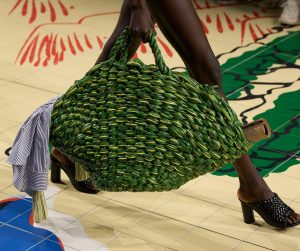The sneaker economy has undergone a significant transformation in recent years, with the emergence of resellers as key players in the market.
These resellers play a crucial role in the sneaker dynamic, influencing prices, availability, and the perception of limited-edition models. Here’s an in-depth look at their impact on the sneaker economy.
THE RISE OF RESELLERS
The term “reseller” refers to individuals or businesses who buy sneakers, often limited editions or highly sought-after models, to resell them at a higher price. This practice emerged alongside the rise of limited releases and exclusive collaborations between brands and designers. Resellers capitalize on the high demand for these products, purchasing them at initial launches, often using bots or sophisticated techniques to acquire large quantities. They then resell them on secondary platforms at prices that can sometimes exceed several times the original retail price.
IMPACT ON PRICES AND AVAILABILITY
Resellers have a direct impact on sneaker prices and availability. By purchasing large quantities of limited editions or popular models, they create an artificial shortage that drives up prices. Consumers eager to buy these sneakers at retail prices are often disappointed as models sell out quickly upon release. As a result, resellers dictate the secondary market prices, where sneakers can reach levels inaccessible to many buyers.
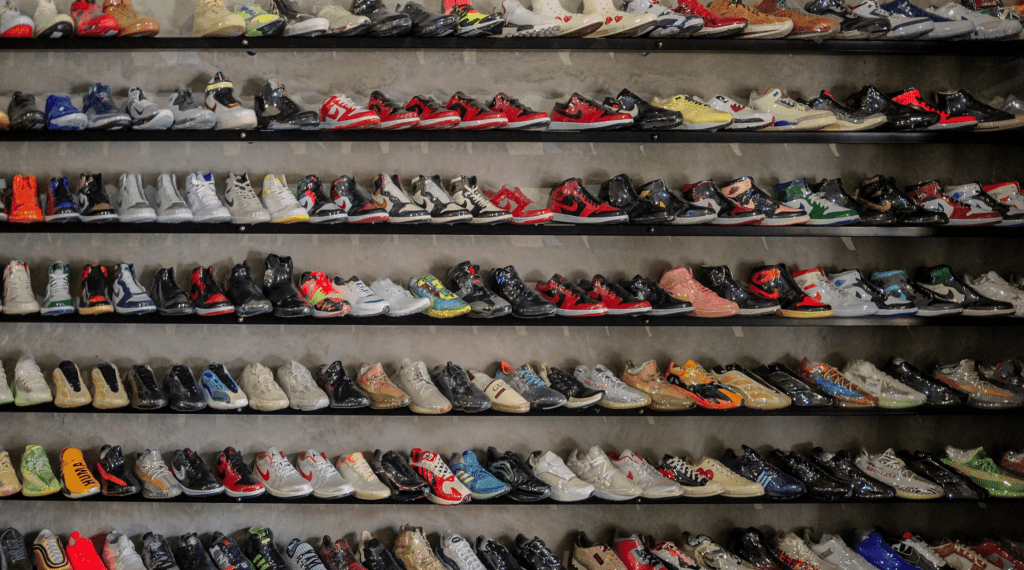
THE RESELLER PLATFORM
Resellers leverage a variety of platforms to market their sneakers, with popular channels including auction sites like eBay, specialized apps such as StockX and GOAT, and sales groups on social media. These platforms facilitate transactions between buyers and resellers, often offering authenticity guarantees and rating systems to promote price transparency. Additionally, some resellers operate dedicated online stores or establish their own websites, giving them greater control over sales and enabling them to broaden their reach in the competitive resale market.
INFLUENCE ON SNEAKER CULTURE
Resellers have a notable impact on sneaker culture as well. They contribute to the growing popularity of limited editions and exclusive collaborations, fueling excitement and competition among sneaker enthusiasts. Sneaker launches become major events, often tied to orchestrated marketing and hype strategies by brands. By taking advantage of this dynamic, resellers play a role in creating the scarcity and perceived value of these products.
BRAND RESPONSES AND ANTI-COUNTERFEITING STRATEGIES
In response to the growing impact of resellers, sneaker brands have implemented various strategies to counter resale. Many brands have introduced lottery systems for online purchases or identity verification procedures to limit bulk buying. Initiatives like raffle sales or pre-registration systems aim to ensure products reach end consumers rather than resellers. Some brands even collaborate directly with resale platforms to guarantee authenticity and transparency in secondary market transactions.
CONSEQUENCES FOR CONSUMERS
For consumers, the rise of resellers brings mixed consequences. On one hand, it can be frustrating to miss out on buying sneakers at retail price due to high demand and reseller influence. On the other hand, secondary markets provide an opportunity to access rare models no longer available in stores. Buyers need to carefully assess both the primary and secondary markets to avoid inflated prices and ensure product authenticity.
THE FUTURE OF THE SNEAKER MARKET
The sneaker economy is constantly evolving, and the role of resellers continues to grow. Brands and sales platforms are adopting innovative approaches to manage resale and improve fair access to products. Emerging technologies, such as blockchain verification systems for authenticity, could play a key role in regulating the secondary market. Moreover, cultural trends and consumer preferences are shaping how sneakers are designed, marketed, and resold.
Resellers have become essential players in the sneaker economy, influencing prices, availability, and the culture surrounding these products. Their presence continues to shape the market and sparks discussions on how brands, consumers, and resale platforms interact in this dynamic ecosystem.


